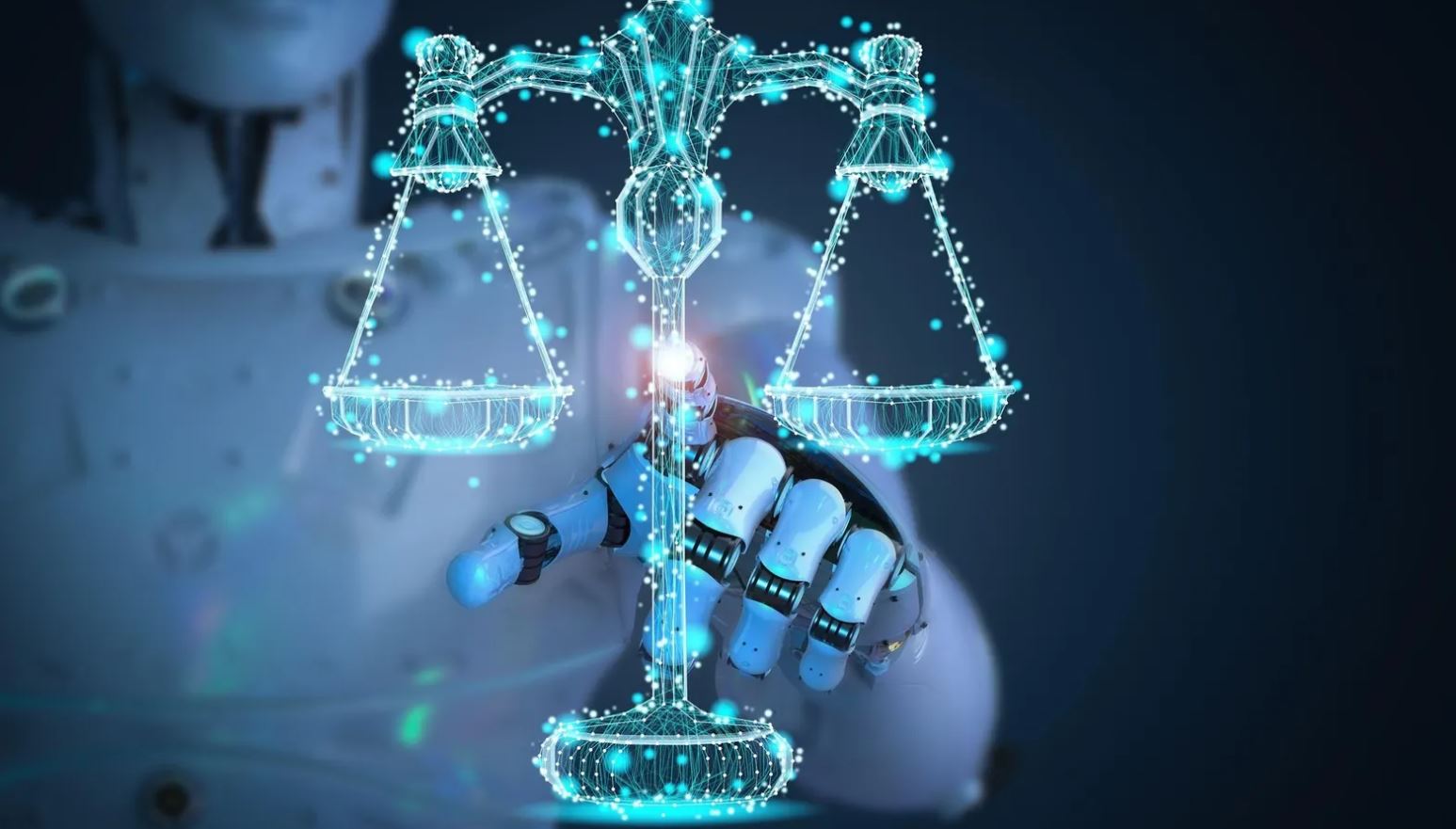 Hey there, legal professionals! Let’s dive into a topic that’s been stirring quite the buzz in our field—artificial intelligence. I know, I know, AI in law has been met with its fair share of skepticism, especially with its notorious tendency to ‘hallucinate’ or make up facts. But hold on, because recent research from the University of Minnesota and University of Michigan law schools is shaking things up. They’ve shown that modern AI can truly enhance the quality and efficiency of legal work and even tackle those pesky hallucination issues.
Hey there, legal professionals! Let’s dive into a topic that’s been stirring quite the buzz in our field—artificial intelligence. I know, I know, AI in law has been met with its fair share of skepticism, especially with its notorious tendency to ‘hallucinate’ or make up facts. But hold on, because recent research from the University of Minnesota and University of Michigan law schools is shaking things up. They’ve shown that modern AI can truly enhance the quality and efficiency of legal work and even tackle those pesky hallucination issues.
In a groundbreaking study, 127 law students took on six realistic legal tasks using different methods: some worked without AI, others used OpenAI’s o1-preview reasoning model, and a few tried Vincent AI, a tool that uses Retrieval Augmented Generation (RAG). The results? AI consistently boosted the quality of legal analysis across various tasks. This is the first time we’ve got solid evidence that AI tools can significantly improve the work of human lawyers across different assignments.
The findings were pretty impressive. Both AI tools enhanced the quality of legal work in four out of six assignments. OpenAI’s o1-preview model stood out, with quality improvements ranging from 10% to 28%. Not too shabby, right?
But wait, there’s more! Productivity saw even bigger boosts. Vincent AI increased productivity by 38% to 115%, while o1-preview achieved gains between 34% and 140%. These improvements were particularly striking in complex tasks like drafting persuasive legal documents and analyzing intricate complaints.
Each AI technology brought something unique to the table. Vincent AI, with its RAG technology, combines AI with legal references like statutes and case law, retrieving relevant texts before generating responses. This approach helped reduce hallucinations and made responses clearer and more professional.
On the other hand, OpenAI’s o1-preview model uses structured reasoning to tackle complex analytical problems, dedicating resources to process prompts thoroughly. It offered substantial improvements in the depth and nuance of legal analysis across multiple assignments.
The researchers concluded that combining domain-specific RAG capabilities with reasoning models could lead to synergistic improvements, shaping the next generation of AI-powered legal tools.
Of course, there were some limitations. Neither AI tool consistently improved accuracy in legal research, and o1-preview did occasionally hallucinate sources. Plus, both tools were less effective for routine tasks like drafting non-disclosure agreements.
This research marks a significant shift from past studies, which often showed AI improving efficiency but not necessarily the quality of work. As AI technology progresses, it promises to enhance not just speed but also the quality of legal work. For law firms eyeing AI adoption, enhanced accuracy and reliability make the risks increasingly manageable.
AI isn’t here to replace legal expertise but to complement it. It allows attorneys to focus on complex analyses while AI handles routine tasks. Human oversight is still crucial to ensure the accuracy and reliability of AI outputs. As AI continues to evolve, the legal profession stands on the brink of a transformative era, poised to benefit practitioners and clients alike, as long as we keep the human element central.








